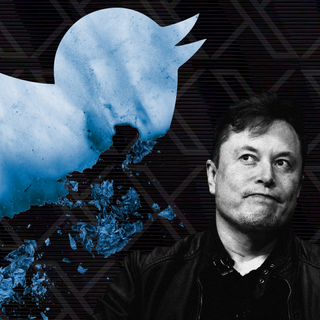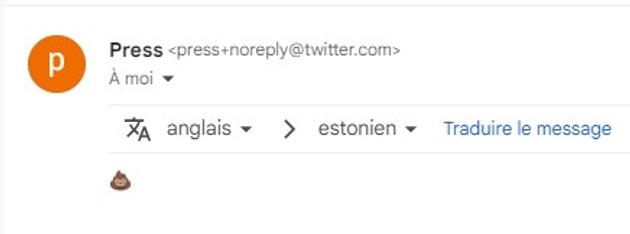


One year after his Twitter takeover, has Elon Musk kept his promises?
News analysisThere's no doubt the social media platform has changed since the multi-billionaire took the helm – and not just the name, nox X. But the whimsical business tycoon's grand plans have only been partially implemented.
On October 26, 2022, Elon Musk entered Twitter headquarters in San Francisco, California, laughing, carrying a washbasin. After several months of a rocky soap opera, the richest man in the world (at the time) was about to finalize the takeover of the social media network for $44 billion (€41.6 billion) and take possession of the platform.
In previous months, the creator of SpaceX set out his vision for relaunching the firm with the bluebird logo and made a whole series of commitments. A year on, these promises, as is often the case with Musk, have not really been kept.
Relative transparency
Before, during and after the Twitter takeover, Musk said again and again: Transparency is the cardinal virtue that conditions all others, especially for a social media network. Under his leadership, the platform would post moderation sanctions transparently, and he would make the source code of its algorithms public.
Above all, over the past year, the billionaire has demonstrated a rather peculiar, even partisan, conception of transparency. In December 2022, he gave internal company documents and messages from the time under the previous management to a handful of conservative or libertarian journalists that he selected. The "Twitter Files," as he then called them, were intended to show that his precursors had censored conservative users and responded favorably to US government requisitions well beyond what the law required.
The published articles do reveal mistakes and questionable choices on the part of Twitter's top executives, as well as possibly outrageous demands on the part of the US federal government. But most of the information contained in the "Twitter Files" was already known.
Since then, Musk has not engaged in any transparency operations on his social media network. The entire staff of the communications department was dismissed and the company no longer responds to any media requests. For several months, any e-mail sent to his press department received an automated "poop" emoji as a response.

Freedom of speech on a sliding scale
If Musk is to be believed, freedom of speech was his main motivation for buying Twitter: to put an end to the "censorship" that he felt affected many users, particularly conservatives. "I'm against censorship that goes far beyond the law," he explained in April 2022. From his very first days at the head of the social media network, he reinstated the accounts of several people who had been banned – unfairly in his eyes, including comedians or journalists, former president Donald Trump, along with neo-Nazi and conspiracy activists.
You have 70% of this article left to read. The rest is for subscribers only.
